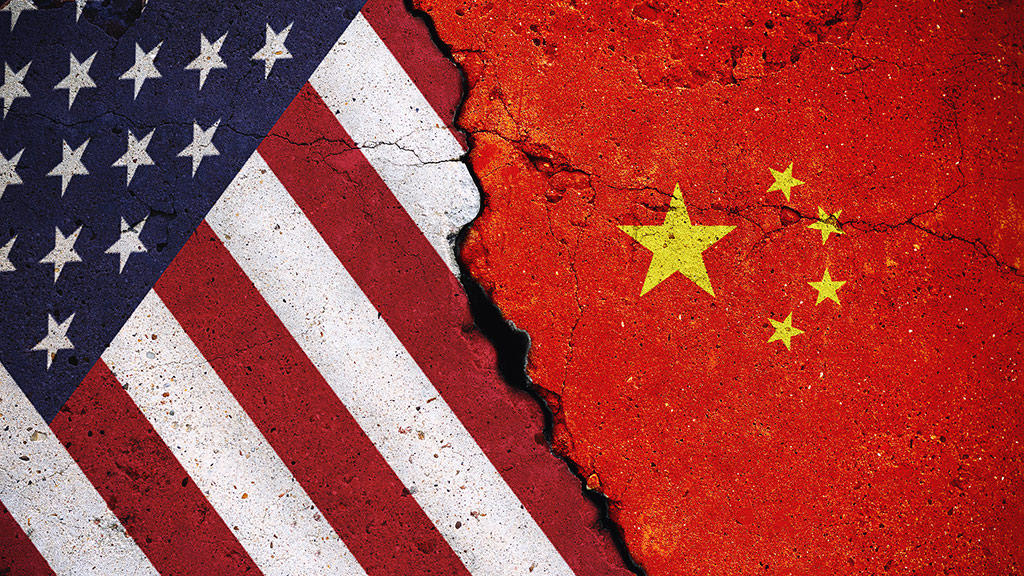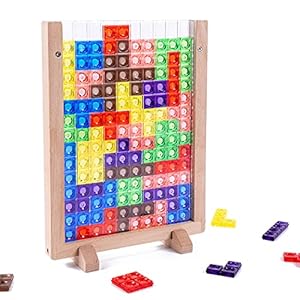
Life within the enterprise of play isn’t all enjoyable and video games, particularly this yr.
Whereas these throughout the toy business and its adjoining realms know this effectively, the bulk on the surface, together with customers, politicians, and legislators, usually are not conscious of the nuances of the enterprise. As I stated in my column opening this yr’s version of The BIG Toy Guide, “You’d be hard-pressed to search out one other phase of the buyer merchandise area that’s confronted extra challenges and fought extra battles than the toy business over the previous decade.”
Nonetheless, with each problem, the business fights again and lives to play one other day. Few stay unscathed, with many rising battered and bruised however dusting themselves off to cost forward. Sadly, there are casualties.
These challenges, and, on the threat of sounding like a damaged file, bear repeating, particularly for these, together with President Donald J. Trump and members of his administration, who will not be conversant in the timeline: The closure of the unique Toys “R” Us (2018), the China-U.S. Commerce Battle (2019), the COVID-19 pandemic (2020-2023) the worldwide provide chain disaster (2021-2022), and the next stock overload (2023-2024) preceded the volatility of in the present day. That is an business that has been completely hammered many times.
And in 2025? Inflation is up. Client confidence is down. And, ultimately, jobs shall be misplaced.
Tariffs Will Not Stage the Taking part in Discipline
At Toy Honest in New York earlier this month, tariffs have been the subject of the second. You couldn’t go quite a lot of minutes with out somebody mentioning the on-again-off-again “Trump tariffs,” particularly when the largest gathering in North America for the worldwide play business coincided with a brand new spherical in opposition to China — house to the business’s largest manufacturing base — going into impact. In the course of the present, quite a few producers acknowledged that retail companions with open orders and signed contracts had “In as well mannered a way as doable with out threatening,” as one exec advised me, started pressuring their vendor companions for brand spanking new reductions to offset any tariff-related prices. In keeping with The Wall Street Journal, the Chinese language authorities referred to as Walmart in for a sit-down after phrase of comparable requests made it to Beijing final week.
Tariff pressures emerged throughout earnings season when many senior-level toy business executives used cautionary language of their quarterly experiences. Nonetheless, some have been — and nonetheless are — taking a “wait and see” method, banking on the chance that any escalation within the present commerce battle shall be short-lived and reversed.
Others have added a “Tariff Surcharge” to invoices, together with a number of specialty retail suppliers which have tacked 10% (or extra) onto orders moderately than adjusting particular person costs.
In contrast to another industries, making a “stage taking part in area” is unattainable when a enterprise depends on a fragile, world stability between its gamers, one which’s been constructed on relationships cultivated over a number of many years. A blanket tariff, whether or not retaliatory or in any other case, does nothing greater than punish American customers and enterprise house owners whereas risking American jobs.
Toys Are Not Metal
If tariffs are meant to extend home items purchases, the idea is noble, however the execution shouldn’t be. The most important issue that most individuals fail to know is that you simply can’t merely flip a change and restart manufacturing within the U.S. Whereas that method may go within the industrial world of metal and aluminum, as mills nonetheless exist within the U.S., there is no such thing as a comparable manufacturing infrastructure right here to satisfy the wants of the toy and recreation industries.
The “make it right here” argument that politicians and pundits usually tout isn’t sensible. Reshoring manufacturing can’t be carried out in days, weeks, or months. It will take billions of {dollars} of funding over a few years to construct new factories, supply new equipment, and create the tooling essential to do the job. Then, resulting from EPA laws and different components, there would nonetheless be advanced points relating to what can and might’t be manufactured within the U.S.
The Delusion of American Job Creation
Tariffs could spur some reshoring, however they received’t create jobs in the way in which that some might imagine. Exterior of some much less advanced toys, college provides, exercise units, and enormous, bulk objects like these made by the “plastics energy trio” of Little Tikes, Step2, and Simplay3 in Ohio, most toys and video games are made elsewhere, and people offshoring strikes occurred within the Seventies and ‘80s.
Whereas some manufacturing is increasing within the U.S., a lot of it’s or shall be automated.
One large query over the past push for reshoring and nearshoring has surfaced once more not too long ago: Even when corporations might afford to pay livable wages for a brand new manufacturing workforce, who would take these jobs? We’re many years faraway from households residing in manufacturing facility cities that might financial institution on an extended profession in manufacturing.
If the administration goals to push manufacturing out of China, it may be working, nevertheless it won’t be as designed. Firms together with Hasbro, Mattel, Funko, and MGA Leisure are transferring manufacturing, nevertheless it’s going to locations like Vietnam, Indonesia, and India.
And for a lot of “Made in USA” merchandise, further nuance comes into play if sure parts are sourced from abroad.
The Actuality of American Job Destruction
A key piece of the puzzle that usually will get misplaced within the shuffle is that abroad manufacturing and American jobs go hand in hand. Even if you happen to’re not within the toy business, you’ve in all probability seen an Apple product that claims, “Designed by Apple in California. Assembled in China.”
The identical factor applies right here.
The U.S. toy business helps tens of 1000’s of American jobs, together with inventors, designers, entrepreneurs, licensing brokers, and extra. This filters over to retailers, truckers, dock staff, warehouse workers, and so on. By slapping tariffs on merchandise manufactured abroad for U.S. corporations, American jobs are in danger.
This week, Mattel filed a WARN discover in California detailing 120 job cuts at its El Segundo headquarters. Final yr, the corporate took extra workplace area in El Segundo, citing progress.
Moreover, experiences of layoffs have surfaced from toymakers of all sizes, each private and non-private, together with Funko and Jazwares.
A Jazwares spokesperson advised The Toy Guide: “Jazwares has decreased our company-wide headcount for the primary time in its historical past. These organizational adjustments will additional gas Jazwares’ progress and improve collaboration, permitting for higher operational effectivity. For all those that have been impacted, Jazwares is grateful for his or her contributions and is dedicated to supporting them throughout this transition.”
Whereas layoffs at some corporations could have professional ties to tariff mitigation, there may be concern throughout the business that tariffs shall be used as a handy excuse for cost-cutting and downsizing, simply as some used the COVID-19 pandemic — throughout which the business skilled progress — to do the identical.
The underside line is that disrupting relationships abroad can have actual penalties right here at house. Merchandise will develop into costlier in a yr when households are already squeezed to their limits. Fewer toys bought will end in misplaced gross sales, markdowns, and canceled orders. Small corporations could also be pressured out of enterprise whereas bigger corporations answering to Boards and shareholders will strive spinning layoffs and closures into softer language like “workforce reductions” and “downsizing.” It’s a cycle we’ve seen play out earlier than, however not with the extent of sheer chaos that we’ve skilled in latest weeks.
I strongly imagine in “America first,” and a part of that comes right down to the kind of management displayed on a worldwide scale. We’d like a considerate, measured method that strengthens relationships at house and overseas for the toy business and the higher good.
It is a enterprise constructed on placing smiles on faces, and that’s onerous to do when the misguided actions of some have an effect on the various. Toys ought to be tariff-free.
Trending Merchandise











